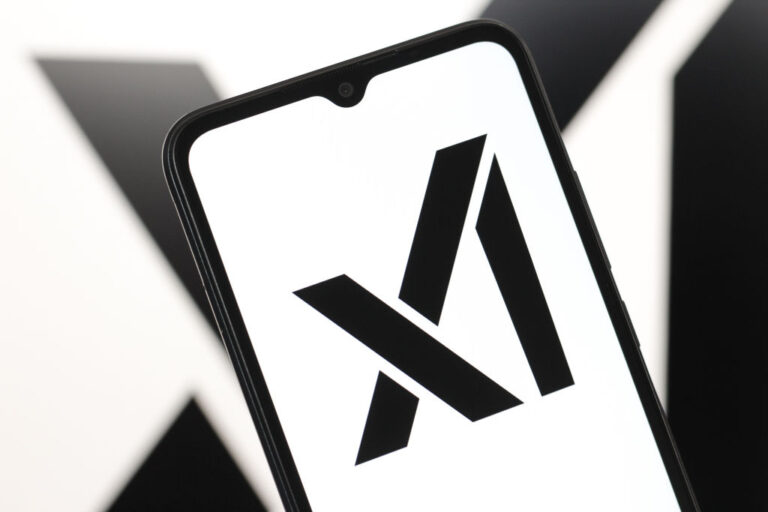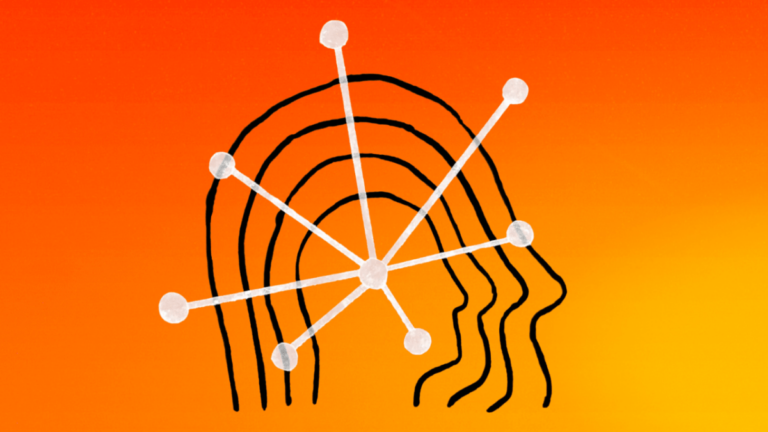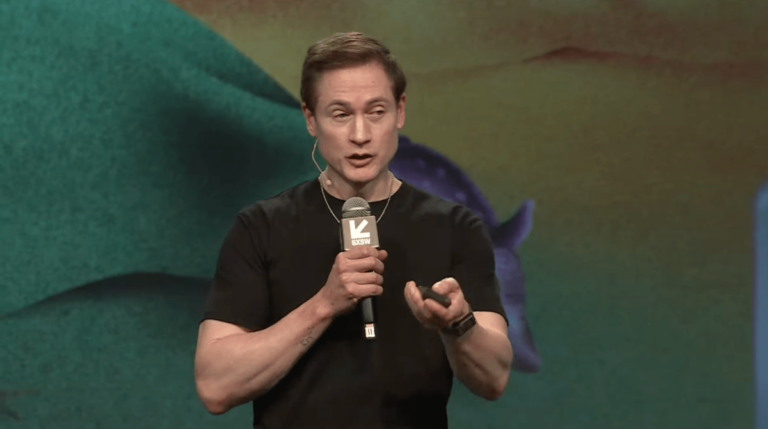Benchmarking AI Reasoning Models: Insights from NPR Sunday Puzzle Questions
Every Sunday, NPR’s Will Shortz engages thousands of listeners with the Sunday Puzzle, a beloved crossword puzzle segment that challenges both casual and skilled contestants. The intriguing brainteasers not only entertain but also serve as a fascinating testing ground for examining the problem-solving abilities of AI.
The Sunday Puzzle as an AI Benchmark
A recent study conducted by researchers from esteemed institutions including Wellesley College, Oberlin College, and the University of Texas at Austin, has leveraged the Sunday Puzzle to create an innovative AI benchmark. This benchmark utilizes riddles from the show to evaluate AI models, revealing unexpected insights into their reasoning capabilities.
Key Findings from the Study
- The researchers discovered that some AI models, such as OpenAI’s o1, occasionally “give up” and provide incorrect answers.
- The benchmark reflects problems that require only general knowledge, making them accessible to a broader audience.
- Traditional AI benchmarks often focus on advanced topics, which may not correlate with everyday user experiences.
Arjun Guha, a computer science faculty member at Northeastern University and co-author of the study, emphasized the unique nature of the Sunday Puzzle: “It doesn’t test for esoteric knowledge, and the challenges are phrased in a way that prevents reliance on rote memory.”
Challenges in AI Reasoning
While the Sunday Puzzle offers valuable insights, it does have limitations. The quizzes are primarily U.S.-centric and conducted in English, which may affect their applicability to a global audience. Despite these challenges, Guha notes that new questions are released weekly, keeping the benchmark fresh.
Performance of AI Models
The benchmark consists of approximately 600 riddles, where reasoning models like o1 and DeepSeek’s R1 significantly outperform others. These models engage in extensive self-fact-checking, enhancing their accuracy but often requiring more time to reach conclusions.
Interestingly, R1 has shown instances of giving answers it knows to be incorrect, reflecting a human-like frustration during challenging questions. Guha remarked, “It was amusing to see how a model emulates what a human might say.”
Future Directions for AI Benchmarking
The top-performing model in this benchmark is o1, achieving a score of 59%, followed by o3-mini at 47%. The researchers plan to expand their testing to include additional reasoning models, aiming to refine their understanding of how these models can be improved.
Guha advocates for designing reasoning benchmarks that are accessible to a wider audience, stating, “You don’t need a PhD to be good at reasoning.” This approach not only democratizes access to AI evaluations but also encourages collaboration among researchers.
As AI technology continues to evolve, understanding its capabilities and limitations becomes increasingly important, especially as these models find applications in everyday life. For more information on AI advancements, visit TechCrunch.
For a deeper dive into the world of puzzles and problem-solving, check out our related articles on puzzle solutions and AI in technology.







